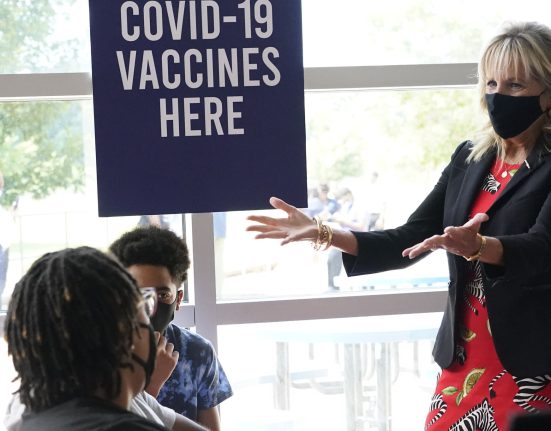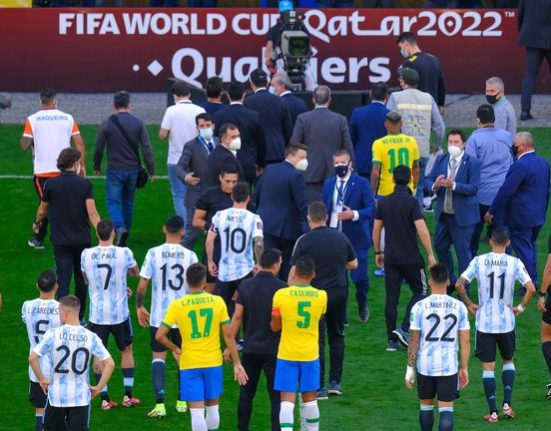According to government guidelines published on Wednesday, healthcare workers can decide whether children receive the Covid-19 vaccine despite their parents’ wishes. This has some school administrators concerned about protests at the school gates.
According to the recommendations, children between the ages of 12 and 15 will be vaccinated by the same School Age Immunization Service (SAIS) teams that administer flu and human papillomavirus (HPV) vaccinations in England. Schools’ responsibilities will be confined to providing a location and disseminating data and consent forms to students and their guardians.
When parents refuse consent, but their children insist on vaccination, the guidelines state that the vaccination teams must determine if the child is capable of making an informed decision – “Make every effort to contact a parent to confirm before they proceed,” according to Gillick competence.
Teachers are in a difficult position because of the rollout of the teenage Covid-19 jab, according to unions, where parents object to vaccination, but their children want it and are found to be Gillick competent, the healthcare professional will attempt a compromise with both parents and children.
However, a parent cannot override a Gillick competent child’s decision, according to the guidelines. The child will be vaccinated if that occurs.
When parents refuse and the child is not deemed Gillick competent or does not wish to be vaccinated, the UK health security agency’s guidelines state that a vaccination will not be given.
When children under the age of 16 are considered to have sufficient intelligence, competence, and understanding to fully appreciate the risks and benefits of their treatment, the NHS considers them to have Gillick competence.
Even though schools had no say in the vaccination debate, some principals worry that parents who oppose the practice will try to contact their children’s schools to voice their concerns.








Leave feedback about this